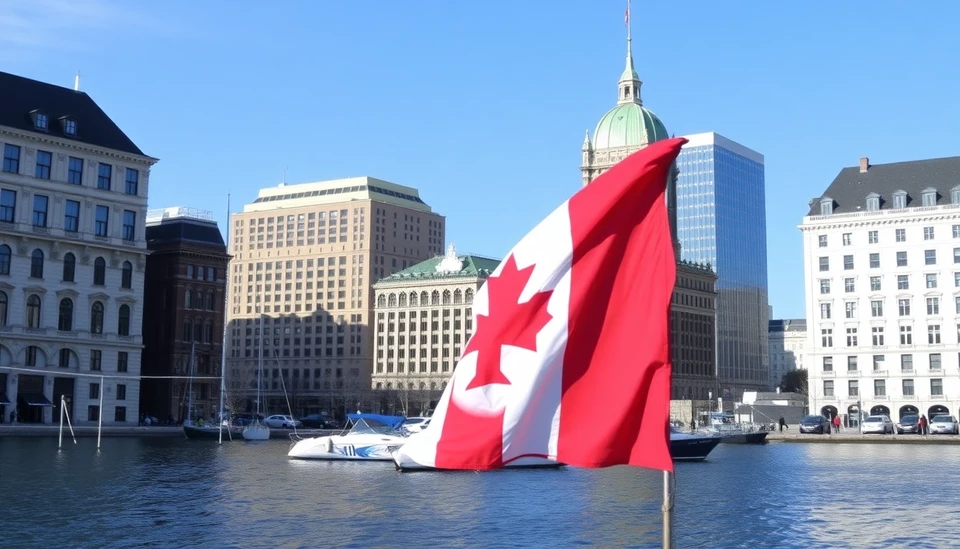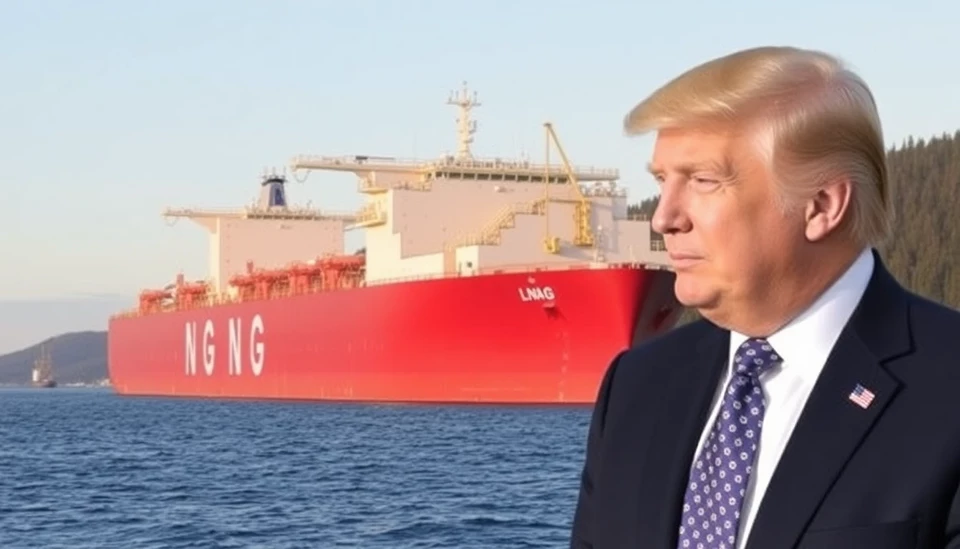
In a worrying forecast for the province, Quebec is grappling with an increasing financial deficit and a deceleration in economic growth. As officials release their budgetary updates, concerns are rising about the impact of ongoing global trade tensions and tariff uncertainties that threaten to hinder the region's economic performance.
According to recent reports, Quebec's deficit is expected to widen significantly, casting shadows over the province's fiscal health. Economists and government officials alike are attributing this deepening deficit to a combination of higher public spending and sluggish revenue growth. This situation arises amidst a backdrop of fluctuating international trade dynamics, creating a daunting challenge for the province's economy.
The government has revealed its latest budget projections during a time when growth forecasts have been revised downwards. For the upcoming fiscal year, the province anticipates a substantial shortfall, which could lead to long-term fiscal consequences. The budget documents indicate that while the economy had initially shown signs of resilience, factors such as global demand shifts and competition have started to take their toll.
The uncertainty surrounding tariffs, particularly with key trading partners, has further complicated the economic landscape. Trade policies and international relations have a direct impact on various sectors in Quebec, especially manufacturing and agriculture. Notably, the province's significant reliance on exports makes it particularly vulnerable to external economic pressures.
Another concern highlighted by analysts is the potential impact of elevated prices of goods and services due to tariffs, which could stifle consumer spending and economic growth. In a climate where families are already feeling the pinch from inflation, increased tariffs may add another layer of financial burden.
In response to these challenges, provincial officials are emphasizing the need for strategic investments and careful management of public funds. They are calling for adaptations that would help mitigate some of the adverse effects of these economic pressures, encouraging innovation and competitiveness within the province's key industries.
The provincial government is also encouraged to explore pathways that promote diversification of its economic base to reduce reliance on traditional industries that are more susceptible to foreign trade fluctuations. By strengthening local businesses and supporting emerging sectors, Quebec aims to create resilience against the volatility of international markets.
As the province navigates these treacherous waters, all eyes will be on how effectively the government can implement measures that support both immediate fiscal stability and long-term economic growth. The outcome of the ongoing tariff disputes will undoubtedly play a significant role in shaping the economic trajectory of Quebec in the coming years.
In conclusion, Quebec sits at a pivotal moment, and the decisions made in the near future will be critical in determining whether the province can turn its economic tide around while addressing the challenges posed by an unpredictable global landscape.
#Quebec #Economy #Deficit #Growth #TradeTensions #Tariffs #EconomicForecast #FiscalHealth #Manufacturing #Agriculture
Author: Rachel Greene




